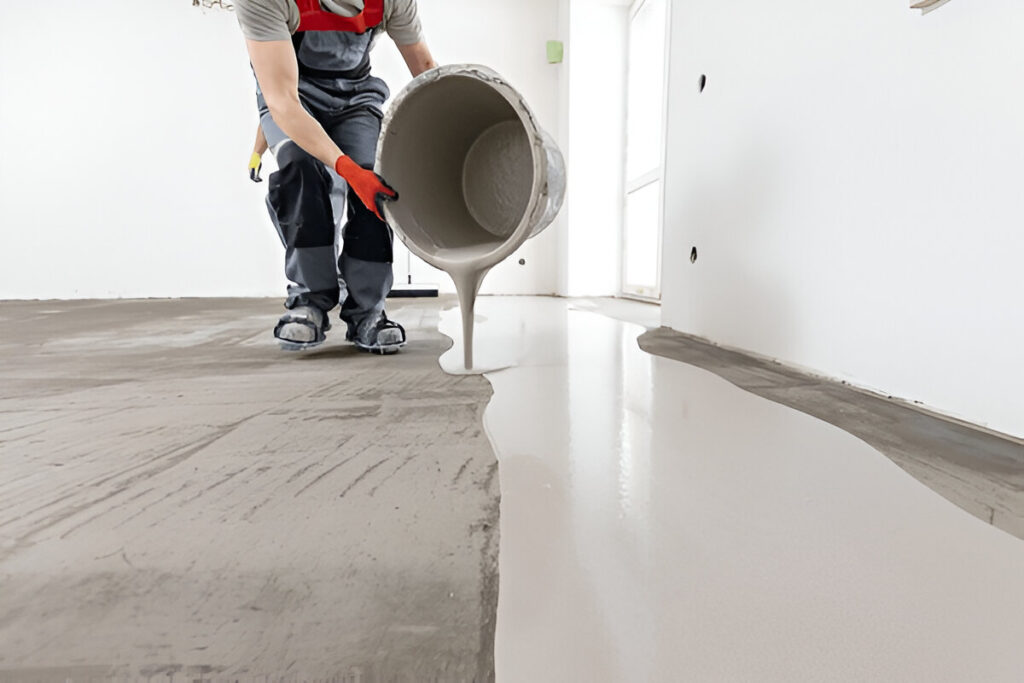Introduction
Flooring is one of the most overlooked yet powerful parts of any home improvement project. The right choice doesn’t just add beauty; it influences comfort, safety, and durability. Among the wide range of options, epoxy flooring has emerged as a favorite for modern households and stylish garages. Behind this transformation are epoxy flooring manufacturers who constantly refine the process to create stronger, safer, and more versatile surfaces.
In this article, we’ll break down three common things that every homeowner should know about epoxy flooring manufacturers in 2025, how they shape the market, and what that means for your next renovation.
Understanding Epoxy Flooring Manufacturers Today
Epoxy flooring manufacturers are not simply suppliers; they are innovators shaping the way homes and workplaces look and function. By blending chemistry, design, and performance, they create floors that are both practical and visually appealing.
These manufacturers work with different entities like:
- Residential homeowners wanting long-lasting garage or basement floors.
- Interior designers looking for sleek, glossy finishes for modern kitchens or living rooms.
- Industrial clients requiring durable surfaces that withstand chemicals and heavy loads.
What makes them stand out is their focus on balancing strength with design flexibility, giving homeowners a surface that looks elegant yet survives years of wear.
3 Common Things Epoxy Flooring Manufacturers Want You to Know
1. Durability Depends on Proper Application
One common myth is that epoxy flooring is indestructible. While it’s incredibly strong, its durability depends on how well it is installed. Manufacturers emphasize surface preparation — cleaning, grinding, and leveling the floor before application. Skipping these steps often leads to peeling, bubbling, or uneven finishes.
Epoxy flooring manufacturers also highlight the curing process. The chemical bond that makes epoxy so strong needs time to harden. Rushing it reduces the lifespan of the floor.
2. Not All Epoxy is the Same
Homeowners often think epoxy flooring is a one-size-fits-all product. In reality, manufacturers offer different variations:
- Water-based epoxy for light household use.
- Solvent-based epoxy for stronger chemical resistance.
- Solid epoxy coatings for maximum durability in high-traffic spaces.
The choice depends on your environment. A garage exposed to oil spills may need a different mix than a living room that prioritizes aesthetics. Manufacturers encourage clients to match the formula to the space for best results.
3. Maintenance Is Easier Than You Think
Epoxy flooring manufacturers often stress that one of the biggest advantages of epoxy is low maintenance. Unlike wood, which needs polishing, or tiles, which gather dirt in grout lines, epoxy creates a seamless surface. Sweeping and light mopping are usually enough.
Still, they warn against harsh cleaners. Strong acids can dull the shine. Instead, mild soap and water keep the floor looking new. For homeowners, this means less effort and lower long-term costs.
Why Epoxy Flooring is a Home Improvement Favorite in 2025
The popularity of epoxy flooring has grown beyond factories and warehouses. Today, homeowners see it as a stylish and practical choice for:
- Garages – Resistant to oil, grease, and tire marks.
- Basements – Waterproof and mold-resistant.
- Living rooms and kitchens – Sleek, modern finishes with customizable colors.
Epoxy flooring manufacturers have adapted to these trends by offering decorative flakes, metallic finishes, and even UV-resistant coatings. This fusion of design and durability makes it a top choice in home improvement.
The Role of Technology in Epoxy Flooring Manufacturers’ Work
Modern epoxy flooring manufacturers now use technology to improve both quality and sustainability. Some trends include:
- Eco-friendly formulations with low VOCs for healthier indoor air.
- 3D floor designs that give a unique look to interiors.
- Smart coatings resistant to scratches and fading.
This technological growth reflects a future where flooring isn’t just a foundation but a design statement.
Homeowner Tips from Epoxy Flooring Manufacturers
If you’re considering epoxy flooring, manufacturers suggest a few practical tips:
- Hire skilled applicators – DIY kits can work for small areas, but large spaces benefit from expert hands.
- Think about lighting – Glossy finishes reflect light, brightening dark rooms.
- Plan for temperature – Epoxy bonds best in controlled conditions. Too much humidity can affect curing.
These small considerations often make the difference between a good floor and a flawless one.
FAQs About Epoxy Flooring Manufacturers
Q1: How long does epoxy flooring last?
A properly installed epoxy floor can last 10–20 years, depending on usage and maintenance.
Q2: Are epoxy floors slippery?
Not necessarily. Manufacturers often add slip-resistant additives to make them safe for homes and workplaces.
Q3: Can epoxy flooring be repaired if damaged?
Yes. Small cracks or chips can be patched, and resurfacing is possible for larger areas.
Q4: Is epoxy eco-friendly?
Many epoxy flooring manufacturers now produce low-VOC and water-based options that are more environmentally friendly.
Q5: How do I choose the right epoxy flooring manufacturer?
Look for experience, product range, and transparency about materials used. A good manufacturer also provides guidance on maintenance.
Conclusion
Epoxy flooring is more than just a surface — it’s a blend of science, design, and innovation. In 2025, epoxy flooring manufacturers continue to shape the way homes and interiors look by offering durable, stylish, and sustainable options. By understanding the three common things they want you to know — proper application, product variations, and easy maintenance — homeowners can make smarter choices for their next renovation project.








Leave a Reply